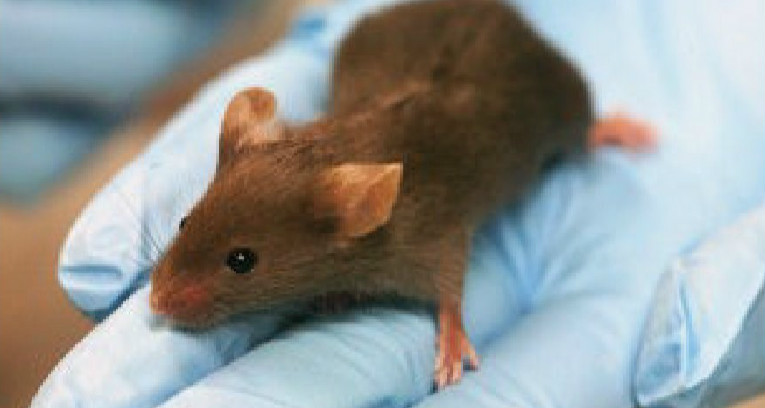Supplement added to the standard diet extends lifespan of mice
@AgeVivo (1)
Aarschot, Belgium
May 30, 2014 8:13am CST
A study in Cell Reports, found that the sirtuin activator SRT1720 extends the mean lifespan of mice (C57BL/6J strain) by 8.8%. The median lifespan was extended 5 weeks by supplementation with SRT1720. The experimental mice were fed a standard diet (AIN-93G) and a dose of 100 mg/kg body weight SRT1720. The experiment started when the mice were 6 months of age. Hundred mice received a diet supplemented with SRT1720 and hundred mice served as controls. The mice had ad libitum access to the supplemented diet. The dose used had no toxic effect, because low levels of serum markers of hepatic and renal function were found (AST, creatinine and CK). The data prove that interventions that activate SIRT1 have a pronounced effect in delaying age-related diseases. SRT1720 probably activates SIRT1 via an allosteric mechanism, like the acetylation status of SIRT1. Western blots of liver lysates from mice supplemented with SRT1720 showed no difference in SIRT1 protein level compared with control animals. The lifespan extension cannot be contributed to calorie restriction. Supplementation with SRT1720 had no impact on daily calorie intake, although the body weight of the mice decreased. SRT1720 lowers LDL cholesterol, LDL cholesterol is a bad cholesterol. To high levels of LDL cholesterol increase the risk of atherosclerosis and heart disease. SRT1720 lowers LDL cholesterol by increasing cytochrome P450 1A2, which has a role in cholesterol metabolism. SRT1720 may inhibit NF-k B signaling via SIRT1 activation. Western blotting of the liver lysates from the test animals, showed a significant reduction in protein levels of NF-k B p65 subunit. Western blotting also showed a reduction in the targets of NF-k B, COX2, and BAX. NF-k B is an important regulator of aging-associated gene expression in mice and also in humans. For example Dr. Chang and colleagues showed skin aging reversal in mice by inhibiting the NF-k B pathway. Gene transfer that specifically decreased NF-k B in the hypothalamus of middle aged mice conferred lifespan extension. The human aging process is associated with high inflammatory activity in the blood, including increased serum levels of tumor necrosis factor (TNF)- a. SRT1720 supplementation decreased circulating TNF- a levels in the tested mice.
In summary, these data prove that SRT1720 supplementation extends the lifespan of mice fed a standard diet. The lifespan extending effect can be attributed to SIRT1 activators in general.
No responses




